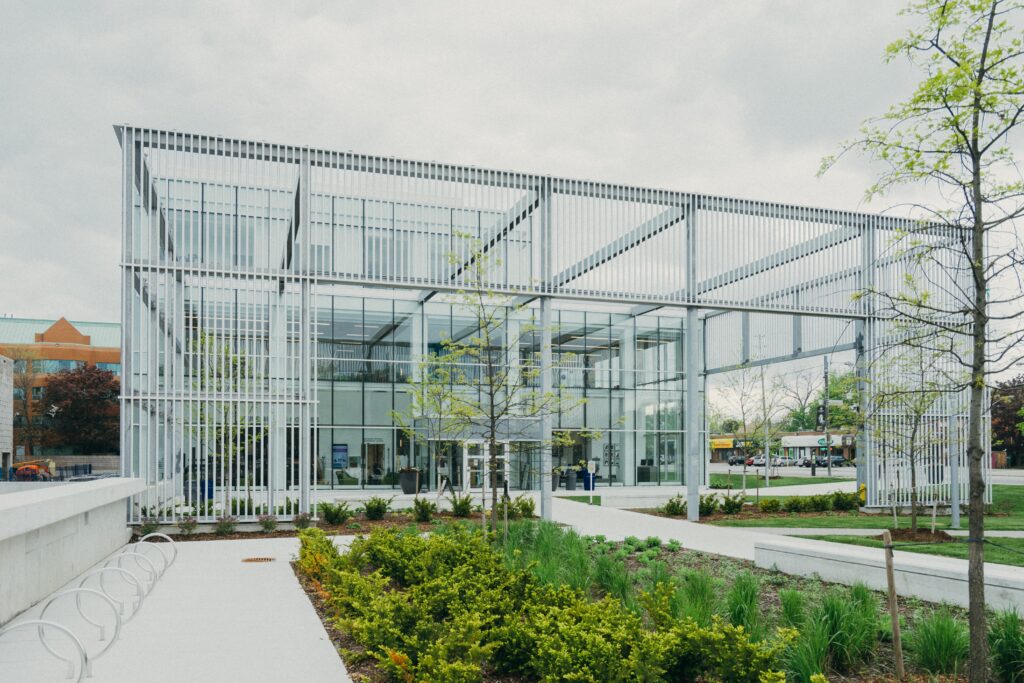Objective
Rapid shifts toward cannabis liberalization in the United States have created immense policy variability that is challenging to measure. We developed composite measures to characterize the restrictiveness of U.S. state cannabis policy environments.
Methods
Nine panelists, consisting of four research team members and five expert policy consultants, nominated distinct cannabis policies pertaining to cannabis prohibition, medicalization, and legalization for recreational use. For each of the 17 nominated policies, panelists developed implementation ratings, and rated each policy’s relative efficacy for reducing excessive cannabis use by adults, youth use, and impaired driving. Cannabis Policy Scale (CPS) scores were then calculated for each state-year for all 50 states from 1999 to 2019 by weighting policies by their efficacy and implementation ratings, and then summing over policies.
Results
Median CPS scores remained stable until 2008 when they started declining (representing policy liberalization), with steeper declines after 2012. In 2019, state CPS scores targeting excessive use among the general population ranged from 29.6 to 66.7 for recreational cannabis legalization states, and from 72.4 to 93.4 for medical cannabis legalization states. CPS scores using youth-specific and driving-specific efficacy ratings showed similar trends.
Conclusions
The CPS reflects trends towards liberalization of cannabis policy in many U.S. states. Even within crude policy phenotypes (e.g., medical cannabis programs), CPS scores varied considerably between states and over time. The CPS is a new measure that can add nuance to cannabis policy research and help assess cannabis policy-outcome relationships.
The full study is available in Journal on Studies of Alcohol and Addiction.
